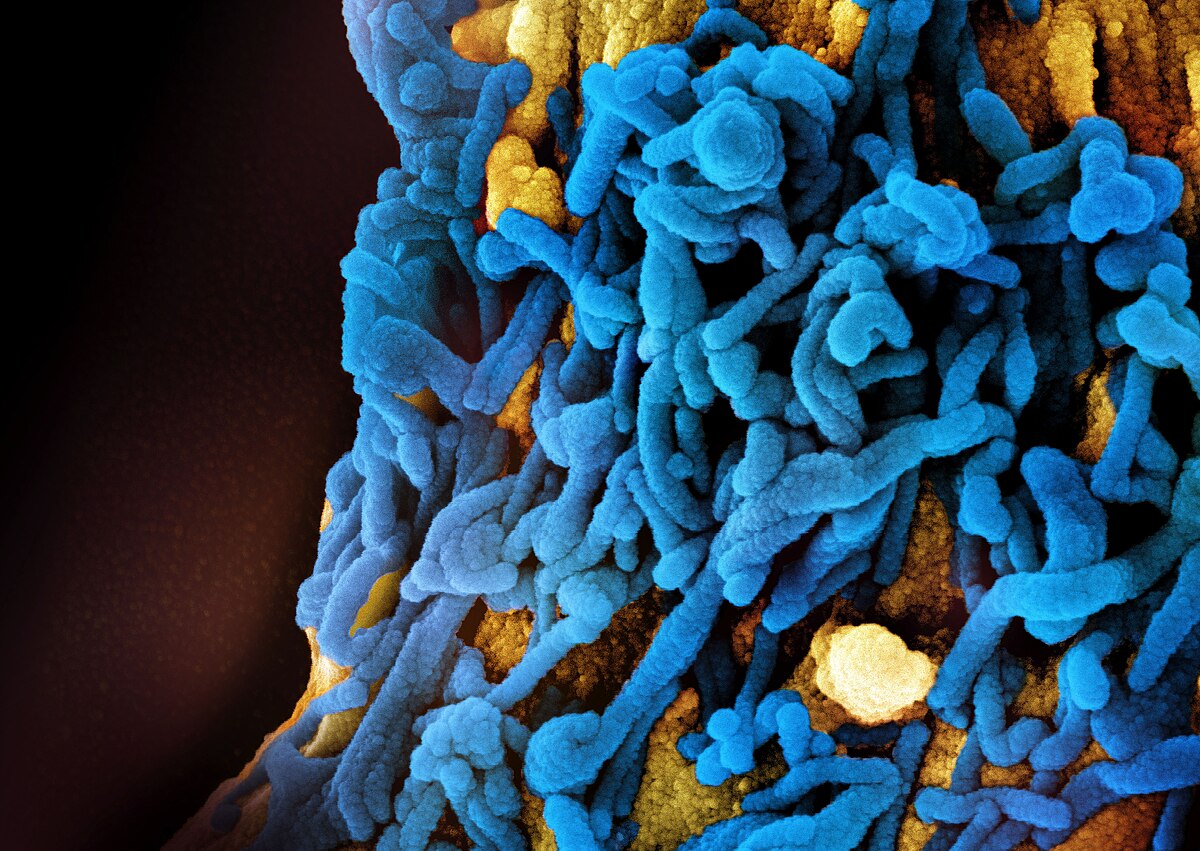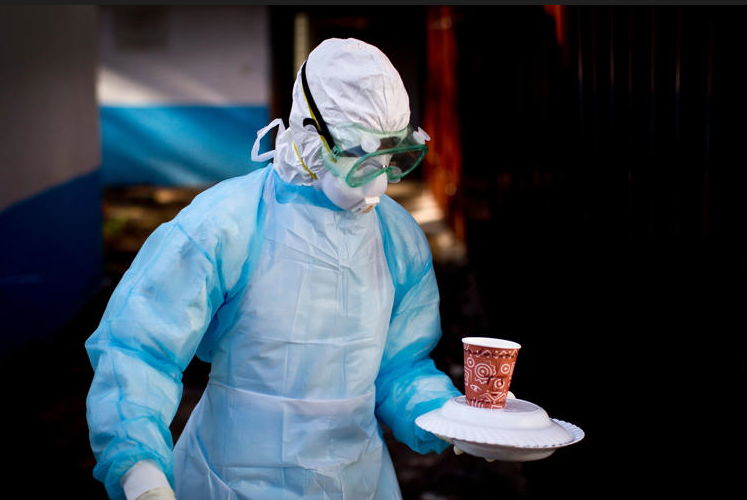Marburg virus, a rare but highly lethal pathogen, has recently caused an outbreak in Rwanda, raising global concerns. Similar to Ebola, this virus spreads through close contact with infected bodily fluids, leading to severe illness and often death. With no approved vaccines or treatments, understanding the risks and taking appropriate precautions is crucial.

Marburg Virus
Marburg virus is a highly contagious virus belonging to the same family as Ebola, known for causing severe hemorrhagic fever. It was first identified in 1967 during simultaneous outbreaks in Germany and Serbia, linked to research on African green monkeys. The virus is thought to originate in fruit bats and is transmitted to humans through direct contact with the bodily fluids of infected individuals or contaminated surfaces.
How Serious is Marburg Virus?
Marburg virus is extremely serious due to its high mortality rate, which can reach up to 88% without treatment. The virus spreads quickly, particularly in healthcare settings where physical contact is frequent. In the current outbreak in Rwanda, 26 confirmed cases and at least eight deaths have been reported, underscoring the virus’s lethal potential.
Cure
Is Marburg Virus Curable? There is currently no specific cure or approved vaccine for Marburg virus. Treatment is supportive, focusing on managing symptoms like dehydration and hemorrhage to improve the chances of survival. Several experimental therapies and vaccines are in development, but none have been widely authorized for use.

What Are the Symptoms of Marburg Virus?
Symptoms of Marburg virus can appear suddenly and include:
- High fever
- Severe headache
- Muscle pains
- Vomiting
- Diarrhea
- In severe cases, extreme blood loss and organ failure
Symptoms can escalate quickly, and without prompt medical attention, the disease can be fatal.
What Precautions Should Be Taken?
To reduce the risk of contracting or spreading Marburg virus, the following precautions are recommended:
- Avoid direct contact with bodily fluids of infected individuals.
- Isolate suspected or confirmed cases to prevent further spread.
- Use protective gear (gloves, masks, etc.) when caring for patients.
- Avoid contact with fruit bats and other wildlife that may carry the virus.
- Seek early medical attention if symptoms develop, especially after traveling to affected regions.
Public health measures such as contact tracing, quarantining, and rigorous hygiene practices are essential in curbing the spread of the virus.

The Marburg virus is a serious health threat due to its high fatality rate and lack of an approved vaccine or cure. While outbreaks are rare, the virus can spread rapidly, making vigilance and preventive measures crucial. As scientists work to develop treatments, public awareness and early detection remain the best defense against this deadly disease.